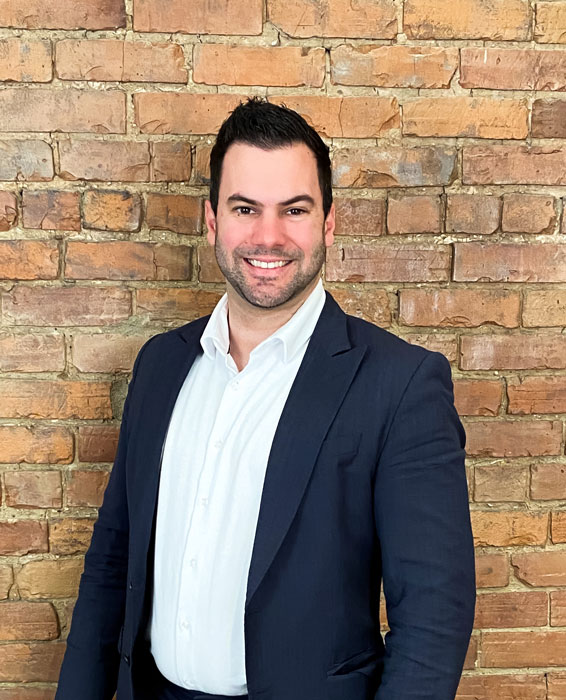Is it legal to hold a cell phone for GPS use while driving?
On August 20, 2019, a decision of the municipal court of the City of Candiac (Ville de Sainte-Catherine v. El-Kheir) was rendered regarding the use of a cell phone while driving. This was a situation where the passenger was holding a phone herself to allow the driver to consult the GPS function.
The defendant is therefore accused of having used a cell phone while driving a vehicle in contravention of section 443.1 of the Highway Safety Code (HSC). The key questions revolved around whether the defendant had indeed committed the offence of using a phone while driving and whether they could invoke the defence of de minimis no curat lex.
The law and the use of electronic devices while driving
Article 443.1 of the CSR outlines the prohibition on using a cell phone while driving a vehicle, except in specific situations. The first allowable scenario is when the driver utilizes a hands-free device. The second situation permitting cell phone use includes meeting the following criteria:
- The device should solely display relevant information for operating the vehicle or information related to its regular equipment.
- The device must be integrated into the vehicle or installed on a mount, whether removable or fixed.
- It should be affixed in a way that does not obstruct the driver’s view, impede their actions, hinder equipment operation, or reduce effectiveness, while also minimizing the risk of injury in case of an accident.
- The device must be positioned and designed so that the driver can operate it and consult it easily.
In the case of Mr. El-Kheir mentioned earlier, the phone displaying the GPS was held by the passenger in the vehicle. Furthermore, the driver was engaged in a hands-free phone conversation, which, although potentially distracting, was not a legal offence. The critical issue revolved around the requirement for the GPS-displaying device to be affixed to a vehicle support.
The court delved into the interpretation of the term “support” within the legal context. It was determined that a support, as per the law, must be a physical object used for propping or elevating the phone. A person’s hand within the vehicle does not qualify as a support as defined by the law. Consequently, the Tribunal had no option but to establish that the offence had been proven beyond a reasonable doubt. The next step was to assess the application of the “de minimis non curat lex” defence.
The de minimis non curat lex defence
Originating from common law, the “de minimis non curat lex” defence, in Latin, translates to “pertaining to minimal things.” This legal recourse isn’t intended to alter legislative laws; rather, it provides the court with discretion when facing a seemingly frivolous lawsuit, one deemed unworthy of pursuit.
Over time, courts have established specific criteria for invoking this defence. Factors considered include the defendant’s character, the charge’s nature, the circumstances surrounding the offence, the offence’s impact, the legislative intent, and the public interest. It’s crucial to ensure that employing this defence does not contravene the public interest, thereby upholding public trust in the judicial system.
Application of the defence to the case of Mr. El-Kheir
Upon reviewing Mr. El-Kheir’s case, the Tribunal determined that the “de minimis non curat lex” defence was applicable. While the defendant technically met the offence’s criteria, the transgression was not a deliberate act; it was a situation unforeseen by the legislator. Moreover, convicting the defendant for using a cell phone while driving in such circumstances would risk significantly shocking the public and eroding confidence in the judicial system more than an acquittal.
Judge Dorais emphasizes that this ruling doesn’t establish a new legal precedent for such situations. Citing Judge Healy’s words in the Dubourg v. R. case, he underscores that the de minimis defence is to be applied restrictively, only in the most evident cases.
Decision: City of Sainte-Catherine v. El-Kheir, 2019 QCCM 120
Cases Cited – Dubourg v. R., 2018 QCCA 1999







